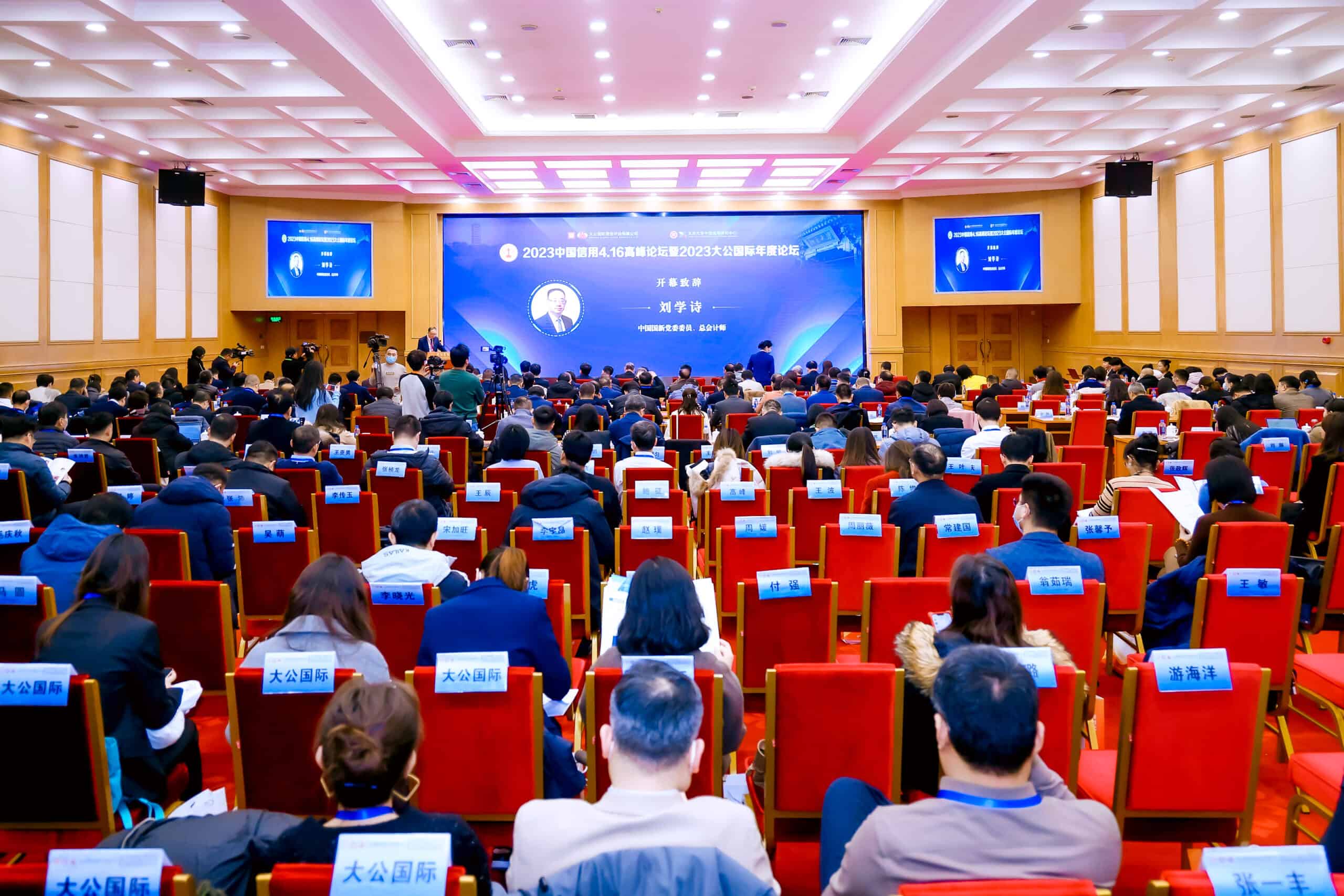

China's social credit system, which was proposed in 1999 by entrepreneur Huang Wenyun, is more dysfunctional than dystopian. The system was initially suggested as a credit rating system to address unfair competition in China's business landscape. However, it has faced challenges and criticism over the years [4af47c65].
The social credit system has been a topic of debate and concern both within and outside of China. Critics argue that it is a tool for social control and surveillance, while supporters believe it can promote trust and integrity in society. The system assigns individuals and businesses a social credit score based on their behavior and compliance with laws and regulations. This score can impact various aspects of a person's life, including access to loans, travel privileges, and even dating prospects.
According to an article by The Wire China, the social credit system has not achieved its goal of creating an honest society and is now fizzling out. The system has faced challenges in implementation and issues with data accuracy. There have been instances of incorrect data being included in individuals' credit reports, leading to negative consequences. Additionally, there are concerns about the lack of transparency and accountability in the system, as well as potential abuse of power by authorities [4af47c65] [da677e95].
Despite these challenges, the Chinese government continues to expand the social credit system. It has set a goal to have a nationwide social credit system in place by 2025. This ambitious plan involves integrating data from various sectors and establishing a comprehensive credit rating system. The government believes that the social credit system can help improve social order and promote trustworthiness among citizens and businesses.
However, the implementation of the social credit system has faced resistance and criticism. Some individuals and businesses have found ways to manipulate or evade the system, raising questions about its effectiveness. There are also concerns about the potential for discrimination and unfair treatment based on social credit scores. Critics argue that the system could be used as a tool for political repression and control, allowing the government to punish dissent and reward loyalty.
The Wire China article also highlights other issues related to China, such as the US's quest to break China's stranglehold on critical minerals, the need for Europe to rethink its approach to China, challenges faced by international law firms in China, and the uncertain approach of Italian Prime Minister Giorgia Meloni towards China [da677e95].
In conclusion, China's social credit system is a complex and controversial initiative that aims to promote trust and integrity in society. While it has faced challenges and criticism, the government remains committed to its implementation. The future of the social credit system in China will depend on how these challenges are addressed and whether the system can strike a balance between social control and individual rights [4af47c65] [da677e95].